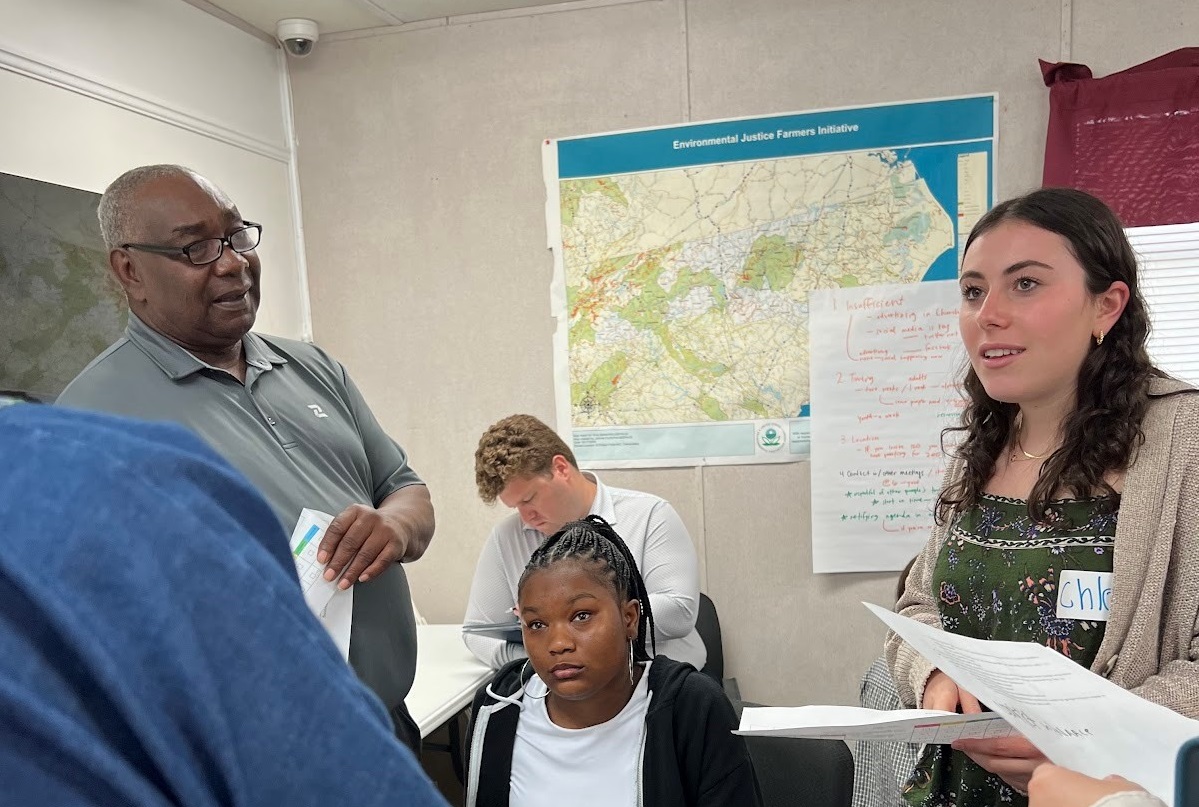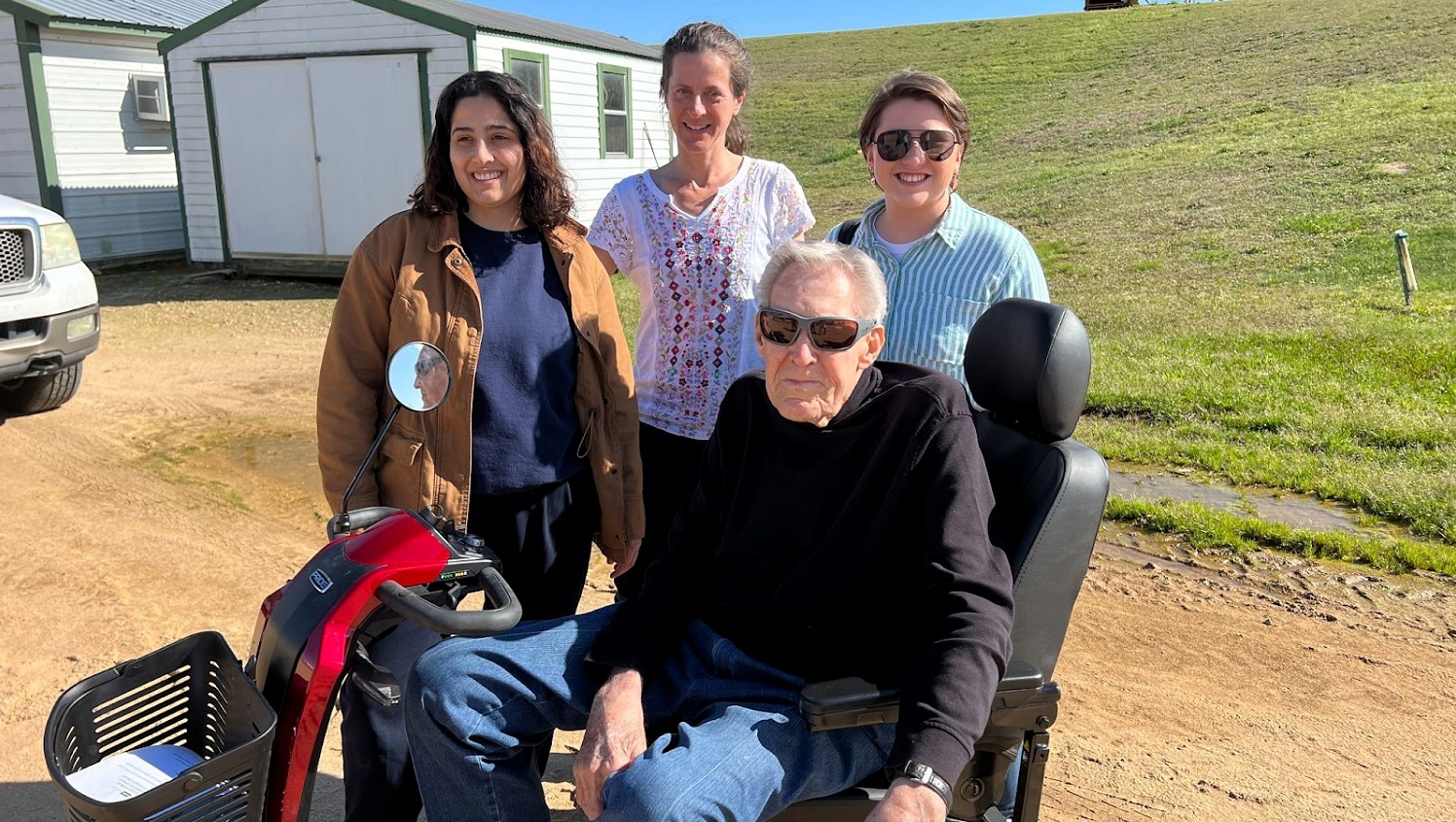Complicated Legacies: Race, Space, and White Supremacy in NC State History
Members of the Spring 2021 HI 589: Interpretation in Historic Sites graduate class have developed a campus tour dedicated to the complicated legacies of different figures preserved into the landscape of N.C. State University. The tour developed into an examination of white supremacy, and how it has affected our campus. Because of the contemplative nature of the tour, members of the class have compiled resources for those wishing to get involved with the ongoing struggle for racial equality.
In 1887, the Watauga Club founded the North Carolina College of Agriculture and Mechanic Arts to educate white men to serve in leadership positions in business, agriculture, and a growing number of technical fields. Adherence to the notion of white supremacy shaped the university’s history, resulting in few African American, Latinx, Native, or Asian people working as students or professors. Despite the University’s increased efforts over the last few decades to diversify the campus community, the legacy of white supremacy remains visible on campus, in the names of buildings, hiring practices, and administrative decisions.

An example of one building on the tour is Poe Hall, which still bears the name of Clarence Hamilton Poe, a former president of the Watauga club who published books and articles advocating for segregation in southern education and politics. There is no interpretation or signage at the university highlighting this history, and the university’s public facing web page about the building makes no reference to this complicated legacy.
One of the most central buildings on campus, D.H. Hill Jr. Library, still bears the name of a vocal advocate for the “Lost Cause” narrative, which is a post-Civil War ideology rooted in the justification of the Confederacy, claiming that the Civil War had nothing to do with slavery. Rebranding efforts have focused on the attempt to differentiate between D.H. Hill, a prominent confederate general and the D.H. Hill Jr., for whom the building is actually named. We must ask ourselves if either of these individuals deserve a central landmark upholding their namesake on our campus.
For more information on the buildings mentioned above, sign up for the walking tour here:
Or, scan through the links below to get involved in the many NCSU, Raleigh, and state/national anti-racism efforts.
Triangle-wide Resources Dedicated to Anti-racism and Activism:
Brick Layers: A Historical Atlas of NC State’s Campus
We Are (anti-racism in education)
Official list of “anti-racism” Resources Provided by NCSU
African American Student Advisory Council
Petition to change the name of Winston Hall
Petition for wide-sweeping UNC system name changes
Petition to Advance Black Undergraduate Life NCSU
Petition for Change in Policing at NCSU
Criteria for naming and renaming facilities
- Categories:


